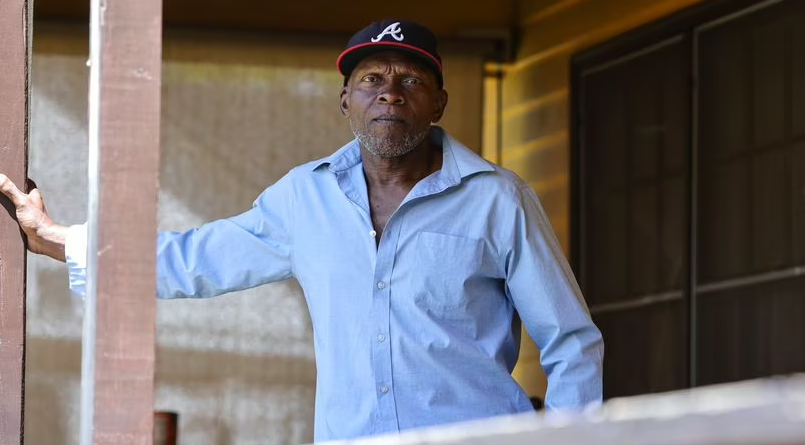Georgia Senate Blocks Payments to the Wrongfully Convicted
GA legislators failed to approve resolutions to pay exonerated persons

In February 2021, 63-year old Terry Talley walked out of Dooly State Prison after a judge overturned four convictions that sent him there 40 years earlier. He was 23 in 1981 when he was convicted of a series of LaGrange sexual assaults that he insists he didn’t commit and resulted in four life sentences. The exoneration culminated years of investigation by the Georgia Innocence Project and a reinvestigation by the LaGrange Police Department and the Coweta Judicial Circuit District Attorney’s Office.
“I did no wrong,” Talley told The Atlanta Journal-Constitution from his home in LaGrange. “They took my life. As far as building a family, all my friends passed away, (then) coming home and not knowing anybody but your family. I had hoped I would have gotten some money so I can start my life over.”
Talley lives with his mother and works for the LaGrange Police Department’s animal control office making $391 a week. He hoped the Georgia General Assembly would grant him the $1.8 million that lawmakers determined he was owed after serving 25 years and eight months for the four wrongful convictions. Instead, he was one of four men who served decades in prison for convictions that have been overturned but received nothing from lawmakers.
The process to repay Georgians released from prison after being wrongfully convicted broke down this year, with legislators failing to approve resolutions to pay them for the time, livelihood and freedom that was taken from them. Georgia Senate Majority Whip Randy Robertson, a Republican and former sheriff’s deputy, asked a Senate subcommittee to delay the resolutions that would have paid the men a total of nearly $4.5 million for errors by the police and courts. The senate majority also stalled a bill to set up what supporters call a more rigorous and objective compensation system.
Talley and the others may have been released from prison after prosecutors opted not to retry their cases, Robertson said, but that doesn’t mean they’re innocent and deserve to be compensated by the state. “These four cases that were brought this year, I think — no, I know, by reading all of the materials (associated with the cases) — I know that these individuals are not exonerated,” Robertson said, who evidently knows better than the court system that exonerated Talley and the other three men negatively effective by the delay in their promised compensation.
Now, the men will have to wait until next year to learn whether the state will compensate them for the time they lost, despite prosecutors and judges throwing out the cases against them based on new evidence or lack of evidence for decades-old charges.
“It’s another year these men are going to have to try to survive without any additional help,” said Blis Savidge of the Georgia Innocence Project. “Many people think that this nightmare of wrongful conviction ends when people walk out of prison. Unfortunately, that’s not the case. They often come out without any money, transportation or health care.”
To read more about Terry Talley's exoneration process, visit his page at the National Registry of Exonerations.










